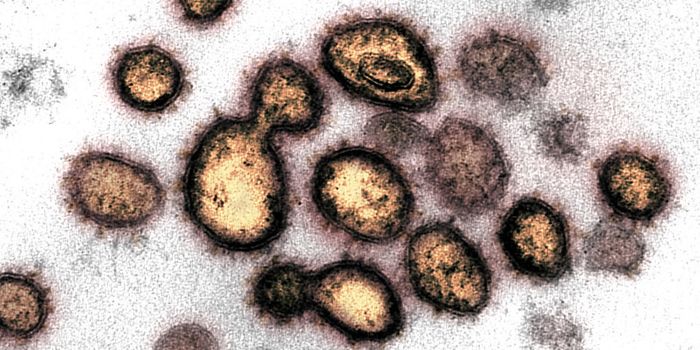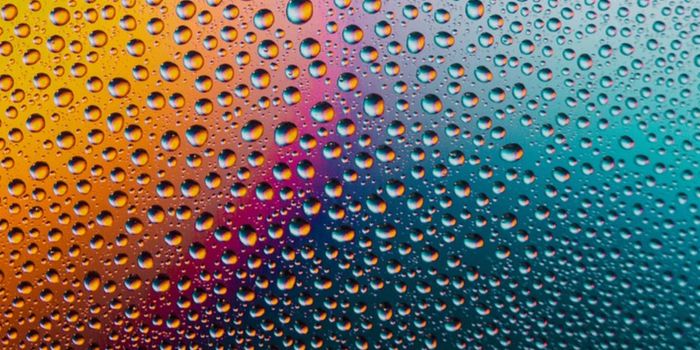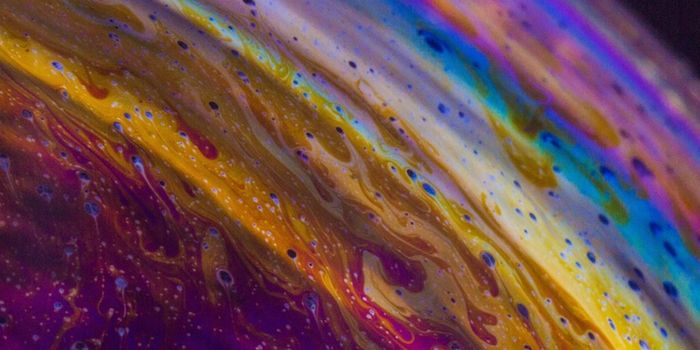Immunology
Simulating the Potential Spread of Measles
MAR 05, 2015 9:00 AM PST
Share
Mental Problems? Blame Your Microbiome
 The microbiome and its role in our heath and well-being has been receiving a lot of publicity recently. According to an article titled Mental Health May Depend on Creatures in the Gut by Charles Schmidt in the February 17 issue of Mind & Brain, mental health may also depend on the microbiome. And if that's the case, the microbiome may yield a new class of psychobiotics for the treatment of anxiety, depression, and other mood disorders.
The microbiome and its role in our heath and well-being has been receiving a lot of publicity recently. According to an article titled Mental Health May Depend on Creatures in the Gut by Charles Schmidt in the February 17 issue of Mind & Brain, mental health may also depend on the microbiome. And if that's the case, the microbiome may yield a new class of psychobiotics for the treatment of anxiety, depression, and other mood disorders.It turns out that this will come as no surprise to many people. As the article points out, the idea that our gut governs our mental state has been around for over a century. As far back as the 19th-century, some scientists believed that accumulating wastes in the colon triggered a state of "auto-intoxication," which was linked to depression, anxiety, and psychosis. The cause of this was infections caused by poisons emanating in the gut, and patients were treated with colonic purges and even bowel surgeries.
Research on the human microbiome today promises to bring the gut-brain connection into clearer focus. This connection appears to be bidirectional, with the brain acting on the gastrointestinal and immune functions that help shape the gut's microbes, some of which make neuroactive compounds, including neurotransmitters and metabolites that act on the brain.
The article gives a number of examples of scientists who are looking into the gut-brain connection. One of them is Sven Pettersson, a microbiologist at the Karolinska Institute in Stockholm, who has shown that gut microbes help to control leakage through both the intestinal lining and the blood-brain barrier, which ordinarily protects the brain from potentially harmful agents.
Another researcher, John Cryan, a neuroscientist at University College Cork in Ireland, maintains that microbes may have their own reasons for communicating with the brain. They need us to be social, so that they can spread between us and survive. Cryan's research shows that when bred in sterile conditions, germ-free mice lacking in intestinal microbes have difficulty recognizing other mice. Other studies have shown that disruptions of the microbiome induced mice behavior that mimics human anxiety, depression and even autism.
The article, Metal Health May Depend on Creatures in the Gut, is part of the depth report: Innovations in the Microbiome (Scientific American. Volume 312, Issue 3)
You May Also Like
Loading Comments...








